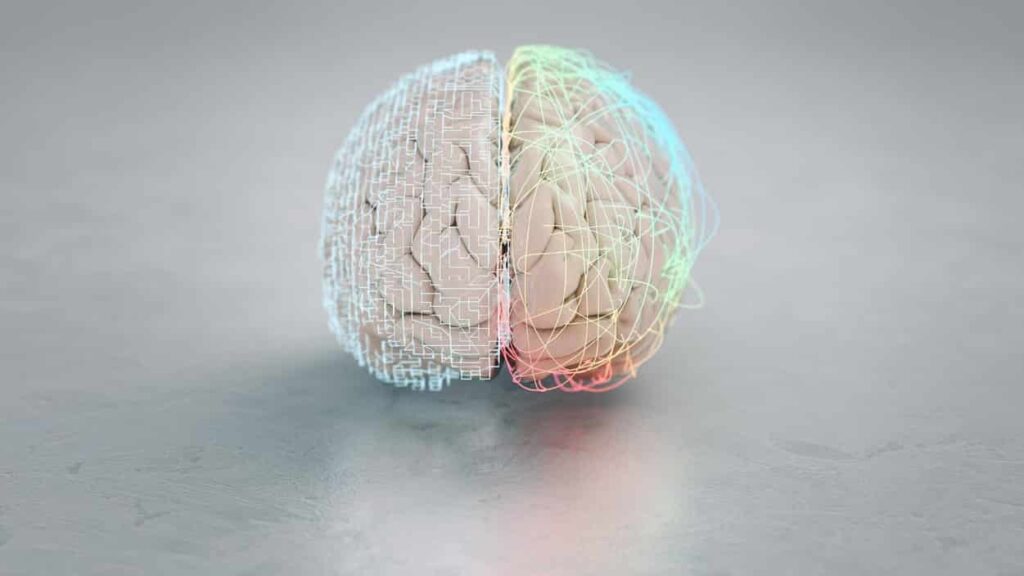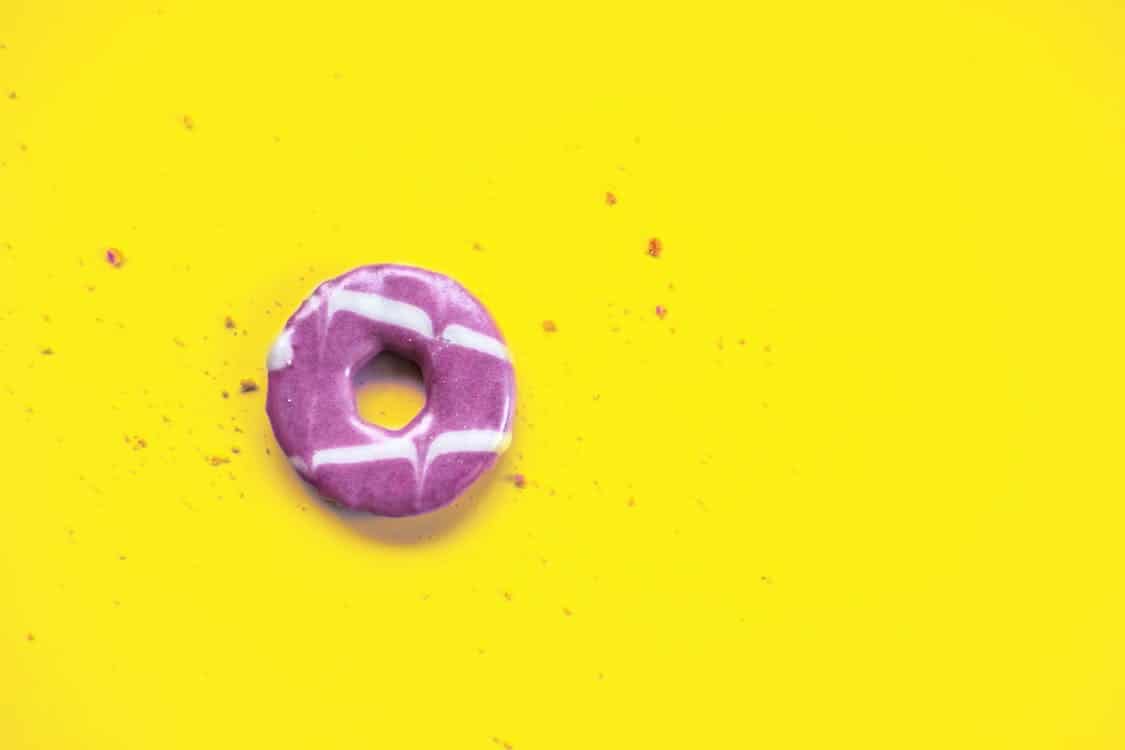Recently I was having a conversation with three people who work on the mental health ward of one of the public hospitals near where I live. This hospital has a number of beds designated to patients receiving treatment for eating disorders.
One of the things that came up following this conversation was the differences in the use of our language when talking about people in recovery from eating disorders.
If I’m honest I was the one who received the feedback that they didn’t feel one thing I’d said in particular was “recovery focused language”. I am not going to lie this briefly stung to hear because it certainly came as a surprise.
After fifteen years of struggle, feeling alone, lost and utterly stuck in an eating disorder myself, finally recovering and making it out of those impossibly dark times and going on to have since worked and still working with numerous people in recovery from eating disorders I sincerely don’t think it’s possible to be more recovery focused.
Rather than yell this I took a deep breath and listened to the feedback because I was curious.
So, what was it that I said that was so contentious and interpreted as not being “recovery focused language” you may be wondering? …
The Language We Use Matters

I used the phrase “doing bulimia”.
If you’ve worked with me or have ever heard me speak about eating disorder you will also know that this is the way I speak about eating disorders.
It wasn’t a mistake.
It isn’t a mistake.
It’s deliberate and very intentional.
Let me explain.
Whether it is “doing bulimia”, “doing anorexia”, “doing binge eating” or any other number of eating disorder diagnoses (or mental health issues including “doing anxiety” or “doing depression” for that matter). I made certain to change the language I used to “doing” an eating disorder rather than “has” an eating disorder, “suffering from” an eating disorder or as I still hear occasionally “anorexic” (which implies this is something they are).
If you don’t know me and you’ve not heard me or anyone else use this language when talking about eating disorders, I have no doubt that the first time you hear it, it likely does come across as confronting.
I know it did for me the first time I heard it.
The first time I heard it I was in the depths of an eating disorder, and it felt insulting.
It felt like an attack.
It felt like blame.
I was not “doing” an eating disorder!!!
This was not something I was choosing to do. I was desperately trying to do anything but this.
What I didn’t understand at that time was the distinction between our “conscious mind” and our “unconscious mind”.
What I didn’t understand at the time was the distinction between blame and putting yourself at cause.
What I Know Now

Looking back, I understand only in hindsight that unfortunately every bit of “treatment” I’d received had reinforced if not given me the idea that I was helpless against the illness.
Every bit of treatment I’d received treated me as though I just needed to try harder and that I was at fault while also telling me that it was out of my hands to do anything and that it wasn’t my fault.
It was confusing and exhausting to say the least.
The irony is the thing that so insulted me was the thing that I most needed and very likely the thing that got me better and one hundred percent without a shadow of a doubt the thing that has allowed me to not only recover physically but also mentally.
It is the very thing that not only allowed me to recover but also to create a life far beyond just no longer living with an eating disorder.
I believe the way we think about and therefore speak about eating disorders in “mainstream” treatment already predisposes that treatment to largely fail the very people it is intending to help and I believe this to be true of many other mental health issues also.
Unfortunately, our systems are set up with the focus largely on reiterating that that person cannot be trusted with their own care, most likely never will be able to care for themselves, doesn’t want to care for themselves and ultimately that the treatment team knows best.
The lack of focus on developing empowerment is the elephant in the room.
If an issue that someone is struggling with is to be treated as though it is a part of them or something they are powerless to do anything about, what are they supposed to do? How can they beat something they can’t beat?… Why bother trying if it’s not possible anyhow?…
I’d argue that’s not even treatment that’s just validating people in their problems and keeping them stuck in their problems (problems they do not want to have so let’s not hold them there!)
The Conscious Vs The Unconscious Mind

The truth is I may not have been choosing to do an eating disorder (spoiler alert no one is. It’s not possible to choose to do an eating disorder) but I very much was doing an eating disorder. I just didn’t know how I was doing it and therefore it felt like I wasn’t the one doing it.
It felt genuinely more like being possessed or that my brain was working against me. I now know that wasn’t true.
I was doing it.
I was just doing it at a level I didn’t understand and had no control over.
I was doing it unconsciously.
An eating disorder is unconscious (hence I have no idea why we largely still try to treat them purely from the conscious level augh but I won’t rant on about that here).
There aren’t many areas in life where we get to truly learn about our unconscious mind let alone how useful it is to work with our unconscious mind and even less still how to do this (which blows my mind given that the vast majority of what we do in a day and what truly governs our lives is out unconscious mind! But again, I’ve gone into detail about this before so won’t here).
“At Cause” Vs “to Blame”

I think the “not recovery focused language” assessment came from my words being interpreted as blameful vs empowering.
Let’s talk about the difference between blame and putting yourself “at cause”. Only one of which is empowering and therefore only one of which we stand any chance of making change from.
Blame says this is your fault or it is the fault of others in your life or in your past. Whether that be direct people in your life/past or the more covert influence of societal messaging. Blame is where it is all your/their/societies fault. There’s not much we can do with that.
Even if it is true and to be honest with you it actually is true that the reasons why people develop eating disorders are always due to situations outside of themselves.
It may be messages of mainstream society that thinner is better, it may be comments from well meaning parents or authority figures, it may be trauma or abuse, it may be that education on “healthy eating” was taken to heart (me) and countless other things and people we could place the blame on for the development of an eating disorder.
No one is born with an eating disorder or believing they aren’t worthy or deserving to eat. We learn these things – overtly or covertly.
Therefore, while it may be very true that someone or something else actually is to blame for our developing an eating disorder there’s not much we can do with that. It’s done.
Recovery is about changing our future not our past.
Therefore, if we are to have any hope of doing this my take is you must put yourself “at cause” for currently doing the eating disorder.
How are you doing it?
The “how” is something we can work with.
If you are not “at cause” which I hope you can understand is vastly different than saying you are to blame for the eating disorder, then you are unable to do anything to recover because it is all out of your hands.
So, yes, we want to validate people in their stories and their struggle and hold them in compassion and speak in compassionate ways but if we truly want to help people recover from eating disorders, we must do more than validation and compassion.
We must help them gain agency over their lives.
We must help them become empowered because that is how we become capable of making healthy and awesome decisions for our lives.
Summary

The truth is that you are not to blame for the eating disorder you are living with. Equally it is true that if you externalise the “blame” vs put yourself at “cause” you will not recover.
There is nothing you can do to recover if you do not put yourself at cause.
Even if it is not your fault (which is not, not for anyone who has ever in the history of the universe lived with an eating disorder let’s be clear about that).
Cause and blame are not the same thing.
Blame says it is out of your hands, you are hopeless and helpless. Blame says there is nothing you can do to change this because it is all out there external to you or internal and something inherently wrong with you.
Cause says I may not be at fault here, I very well many not be to blame for the things that have happened to me that contributed to my developing an eating disorder, but I am the only one I can change.
Indeed, I am the only one that needs to change for me to recover from an eating disorder.
This is true empowerment.
And if you are going to have a chance at doing this thing (recovering from an eating disorder and importantly creating a life on the other side) empowerment is your game.
When you are “doing” an eating disorder you stand a chance of changing what you are doing. When you are “anorexic” you stand no chance, even when you are “suffering” from an eating disorder your chances are pretty dire because that’s pretty unempowered language.
It’s time to stop using wishy washy and disempowering language in eating disorder recovery.
It’s time to stop treating recovery from an eating disorder like it’s a mystery and magically happens or doesn’t happen.
It’s not.
It happens through becoming comfortable and empowered in yourself. It comes through developing your skills and capabilities to function at your best in a world that is difficult, scary and confusing (and also incredible, amazing and kind) and not all of these capabilities and skills can be obtained consciously (hence where clinical hypnotherapy and working with the unconscious mind comes into the picture).
It’s time to get real.
It’s surely time to get real and clear on how we facilitate people in recovery to become empowered to reach recovered and go beyond to live a life where they get to function at the best of their capabilities.
The kindest and most useful thing you can do if you work with people wanting to recover from eating disorders and other mental health conditions is help them become empowered in their own lives and our language matters but what matters even more is your beliefs that recovery is (or is not possible) for this person.
If you work in eating disorder treatment it is your responsibility to not only use empowering language but to also know and believe that recovery is possible (not inevitable, not a given but possible) because when you do your idea of what is empowering language may very well change (as mine did!) and it will come naturally vs be something you have to learn.
Let’s be kind AND let’s help people recover because that is real kindness.
With my whole heart I hope you found this information valuable.

Become Great. Live Great.
Bonnie.



